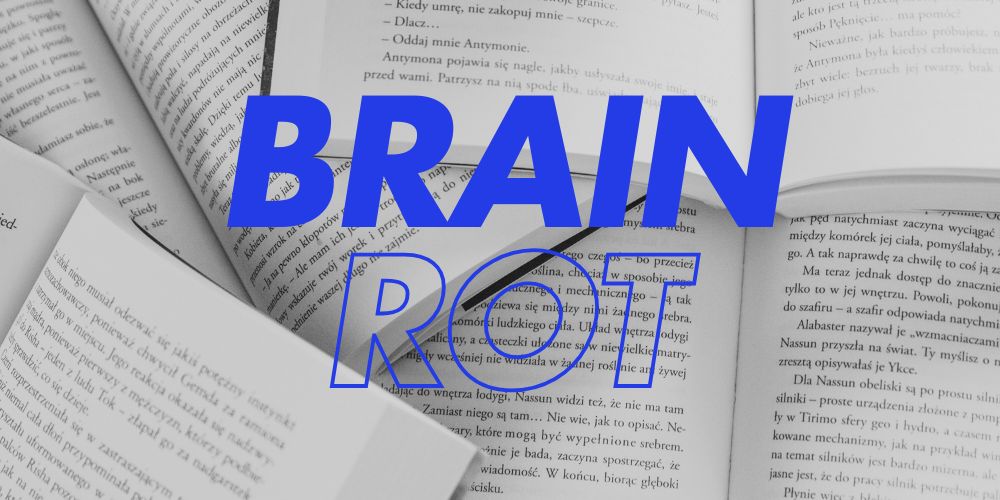Oxford University Press has unveiled “brain rot” as its 2024 Word of the Year, chosen after a global public vote involving over 37,000 participants. The term topped a shortlist of six contenders—“demure,” “slop,” “dynamic pricing,” “romantasy,” and “lore”—after two weeks of voting and an analysis of language data combined with expert insights.
This marks the third consecutive year the selection process has been open to public participation, blending input from OUP’s extensive 26-billion-word linguistic corpus with public commentary.
Initially coined by Henry David Thoreau in Walden (1854) to critique societal intellectual decline, “brain rot” has found renewed relevance in 2024. It describes the adverse effects of excessive exposure to low-quality digital content, particularly on platforms like TikTok, where it gained popularity among Gen Z and Gen Alpha users. Beyond social media, its usage has permeated journalism and broader societal discussions, highlighting concerns over cognitive decline linked to overconsumption of algorithm-driven content.
OUP President Casper Grathwohl emphasized the term’s cultural resonance, reflecting society’s growing focus on the impact of virtual life. He noted that its adoption by younger generations, the very demographic most immersed in online culture, showcases a unique self-awareness about the digital world’s downsides.
The phrase has sparked discussions on mental health, with experts warning about its potential harm to children and young people. In 2024, a U.S.-based mental health center even offered guidance on recognizing and mitigating “brain rot.”
Katherine Martin, Product Director at Oxford Languages, highlighted the term’s layered use, noting its application to both content and language influenced by digital culture. She also underlined societal concerns about balancing online engagement with real-world interactions.
“Brain rot” follows notable predecessors such as “selfie” (2013), “climate emergency” (2019), and “vax” (2021), each encapsulating a defining aspect of contemporary life.










